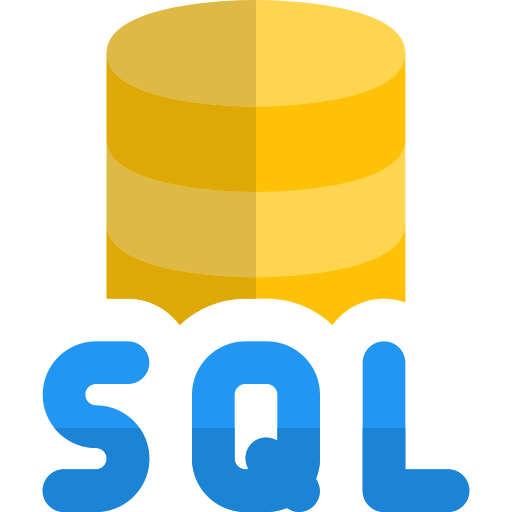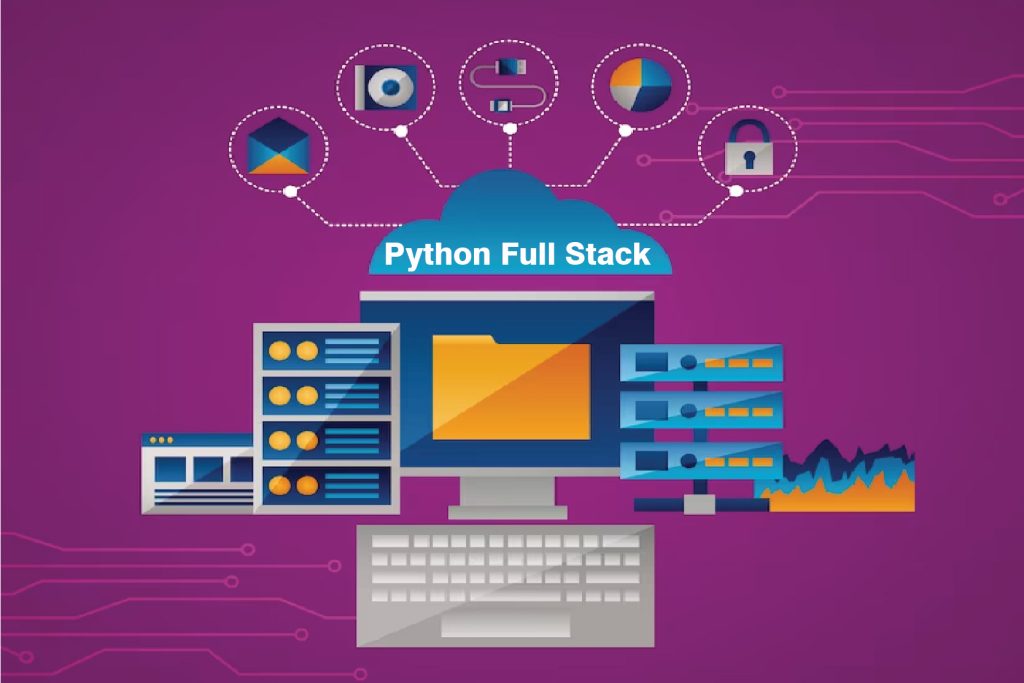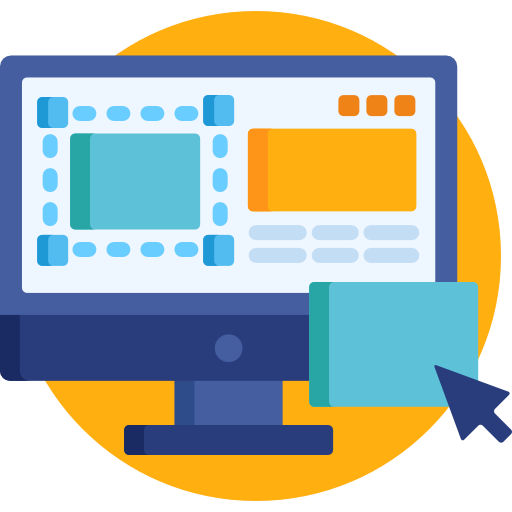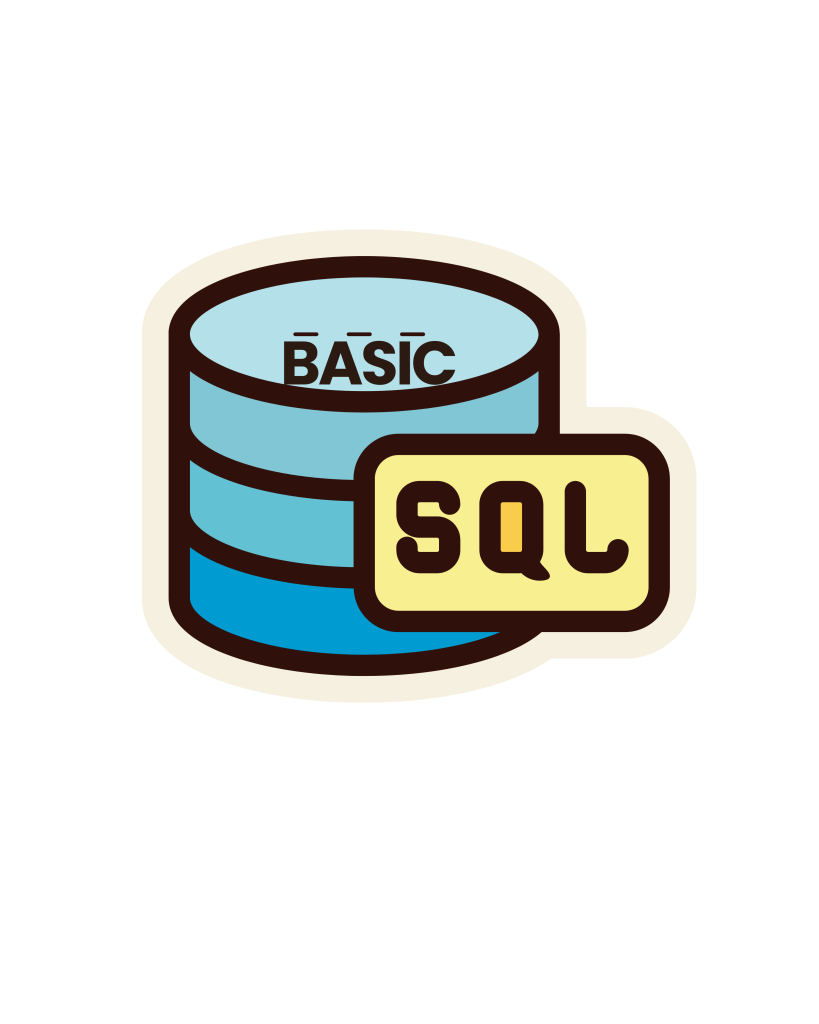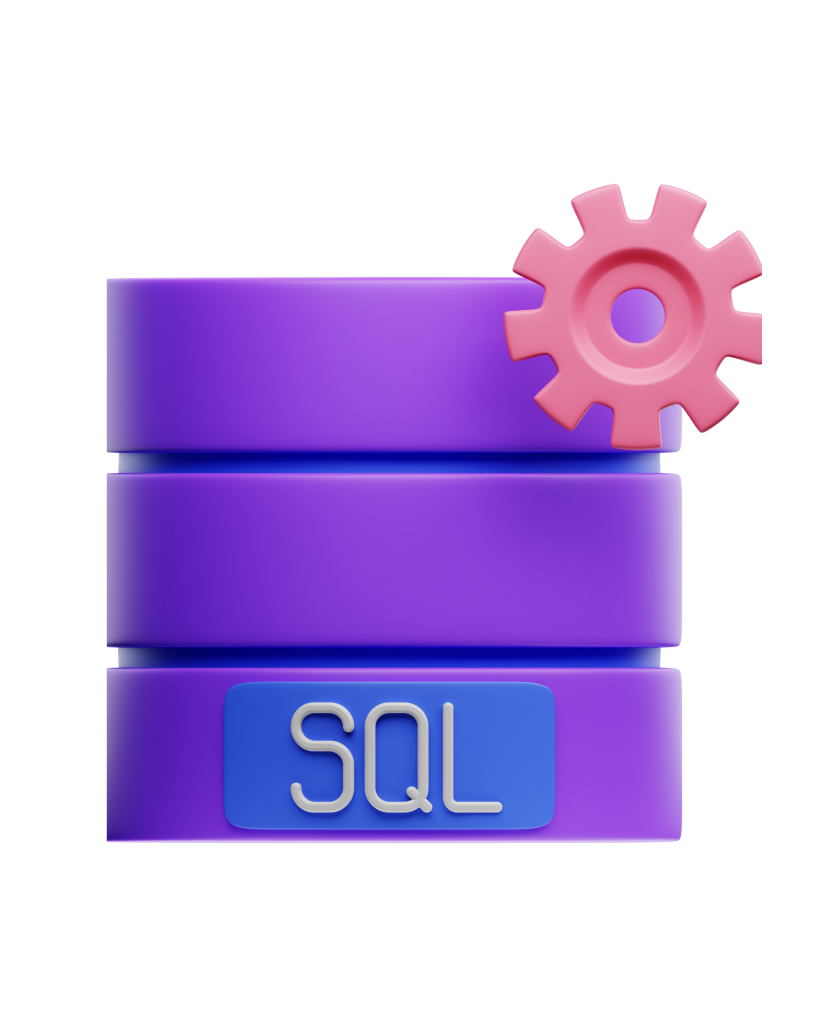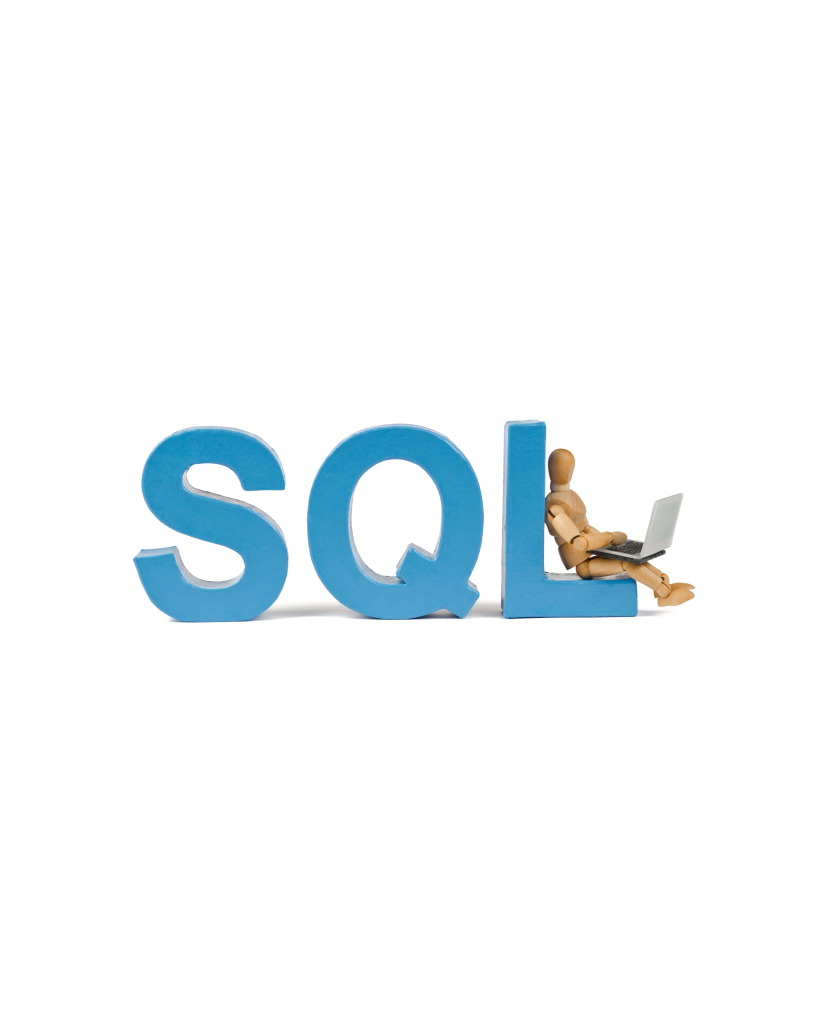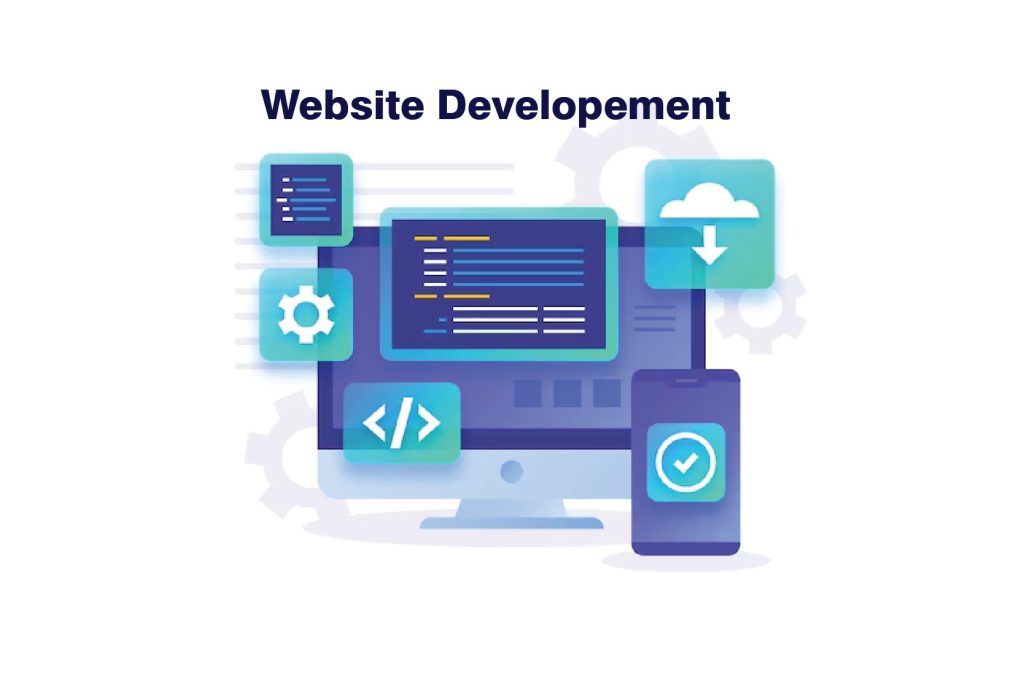
Starting a career as a software developer involves mastering the skills required for software developers. You’ll begin by learning programming languages and understanding how to solve problems with code. Alongside technical know-how, it’s important to develop strong communication skills and a habit of continuous learning. These skills help you adapt and grow in the ever-evolving field of software development, making your journey both rewarding and exciting.
Top 10 Hard Skills Required For Software Developers
- Programming Languages
- Data Structures and Algorithms
- Version Control
- Databases
- Software Development Frameworks
- APIs and Web Services
- Development Tools
- Operating Systems
Programming Languages
Programming languages are the essential tools that developers use to create software, enabling them to write instructions that computers can understand and execute. Mastering the skills required for software developers includes learning various programming languages, which allows you to communicate effectively with computers and build applications.
Each programming language comes with its own set of strengths, making it suitable for different tasks—whether it’s web development, data analysis, or mobile app creation. By learning multiple languages, developers can work on a variety of projects and solve a wide range of problems, making this skill indispensable in the tech world.
Data Structures And Algorithms
In the world of software development, the skills required for a software developer extend far beyond just writing code. Effectively managing and processing data is crucial, and this is where data structures and algorithms come into play. Data structures act as smart storage solutions, organizing information to make it easier to access and update.
Algorithms are the step-by-step strategies used to solve problems and perform tasks efficiently, like sorting data or finding specific items. Mastering these skills can significantly enhance your software’s performance, ensuring it handles data effectively and operates smoothly. These concepts are fundamental for building robust and efficient applications, laying the groundwork for any successful development project.
Version Control
Version control plays a vital role in managing and keeping track of code changes throughout a software project. Mastering the skills required for software developers includes understanding how to use version control effectively. Imagine it as a detailed diary for your code, recording every update and adjustment made. It allows developers to revisit old changes, collaborate seamlessly with others, and restore earlier versions when necessary.
Tools like Git make it easy for developers to merge their work, ensuring that everyone’s contributions align perfectly. This approach not only keeps your code organized but also adds a layer of security, making it easier to manage complex projects and uphold the quality of your software.
Databases
Databases are crucial for storing and managing the vast amounts of information that software applications use. They act like digital filing cabinets, organizing data in a way that makes it easy to retrieve and update. There are different types of databases, such as SQL databases, which use structured tables and queries, and NoSQL databases, which handle unstructured data and are more flexible.
Mastering databases allows developers to build applications that efficiently handle data, from user information to transaction records. Understanding how to design and interact with databases ensures that software runs smoothly and can scale to meet the needs of users and businesses.
Software Development Frameworks
Software development frameworks are like toolkits that provide a structured way to build applications. Mastering the skills required for software developers involves learning how to effectively use these frameworks. They come with pre-written code, libraries, and tools that help developers create software more efficiently. By using frameworks, developers can avoid reinventing the wheel and focus on adding unique features to their projects.
Each framework is designed for specific tasks: for instance, some are great for building websites (like React or Angular), while others are perfect for server-side applications (like Django or Spring). Learning how to use these frameworks can streamline your development process, improve code quality, and speed up the creation of robust, feature-rich applications.
APIs and Web Services
APIs (Application Programming Interfaces) and web services are crucial for integrating different software systems, allowing them to interact smoothly. An API functions as a gateway, enabling applications to retrieve and use data or services from other systems.
Web services, which are a subset of APIs operating online, help facilitate communication between web-based platforms. For developers, mastering these tools is a vital skill, as it lets them add features like payment processing or data access to their applications without creating these functionalities from scratch. This knowledge enhances the flexibility and performance of software.
Development Tools
Development tools are crucial software applications that assist developers in writing, testing, and managing their code more efficiently. Mastering the skills required for software developers includes becoming proficient with these tools. They encompass integrated development environments (IDEs) such as Visual Studio Code or IntelliJ IDEA, which offer a streamlined interface for coding, debugging, and testing. Additionally, other tools support project management, code version control, and automated testing.
Choosing the right development tools can greatly enhance productivity, simplify workflows, and elevate code quality. By mastering these tools, developers can work more effectively and concentrate on creating high-quality software with fewer interruptions.
Operating Systems
Operating systems are essential for all computers and devices, managing hardware resources and providing a foundation for running software. They are responsible for tasks like memory management, process scheduling, and handling input/output operations. For developers, having knowledge of different operating systems—such as Windows, macOS, and Linux—is a crucial skill.
Each system has its unique attributes and details. Understanding these differences helps developers optimize their applications for various environments and address issues more effectively. Proficiency in operating systems ensures that software operates smoothly and consistently, regardless of the hardware.
Software Developer Salary In India
A software developer designs, codes, tests, and maintains applications to meet user needs and business goals. Mastering the skills required for software developers includes collaborating with colleagues to understand project objectives, writing and debugging code, and ensuring the software works well across different platforms. Developers focus on improving performance, fixing problems, and incorporating new features based on user input and technological progress.
In addition to technical skills, effective communication with stakeholders is crucial. Developers must adhere to coding standards and stay updated with industry trends to ensure their work remains relevant and efficient. Overall, a software developer plays a vital role in creating and enhancing applications that drive innovation and improve digital experiences.
Software Developer Salaries In Tier 1 Cities
City | Average Salary (Per Annum)
|
Bengaluru | ₹10,00,000 – ₹20,00,000 |
Delhi | ₹9,00,000 – ₹18,00,000 |
Mumbai | ₹11,00,000 – ₹22,00,000 |
Hyderabad | ₹9,50,000 – ₹19,00,000 |
Chennai | ₹8,50,000 – ₹17,00,000 |
Job Description Of Software Developer
A software developer is responsible for designing, coding, testing, and maintaining software applications that meet user needs and business requirements. This role involves collaborating with team members to understand project goals, writing and debugging code, and ensuring that the software functions smoothly across various platforms. Developers are tasked with optimizing performance, fixing bugs, and implementing new features based on user feedback and technological advancements.
In addition to technical skills, effective communication with stakeholders is crucial. Developers must adhere to coding standards and stay updated with industry trends to ensure their work remains relevant and efficient. Overall, a software developer plays a vital role in creating and enhancing applications that drive innovation and improve digital experiences.
How to Become A Software Developer
There are several paths to start a career in software development. Here are some common approaches
- Obtain a Degree: Most software developers start with a bachelor’s degree in Computer Science or a similar field, along with solid programming abilities.
- Acquire Hands-On Experience: Many successful developers, including figures like Bill Gates and Mark Zuckerberg, reached their career milestones through practical experience and a strong passion for coding, even without formal degrees.
- Get Training and Certification: For those new to coding, enrolling in a postgraduate program in Full Stack Web Development or taking online certification courses can provide the necessary training to enter the field.
Join Zappcode Academy
If you’re passionate about becoming a software developer and dream of joining top companies like Amazon or Flipkart, our academy is the perfect place to start. Our graduates have successfully landed positions at leading companies, including startups and industry giants like Amazon, Accenture, and Flipkart. If you’re determined to make your mark in the tech world, join our demo classes and take the first step toward achieving your dreams—in just 6 months.
Attend Our Free Demo Classes
Fill the details and we will call you for further guidance






